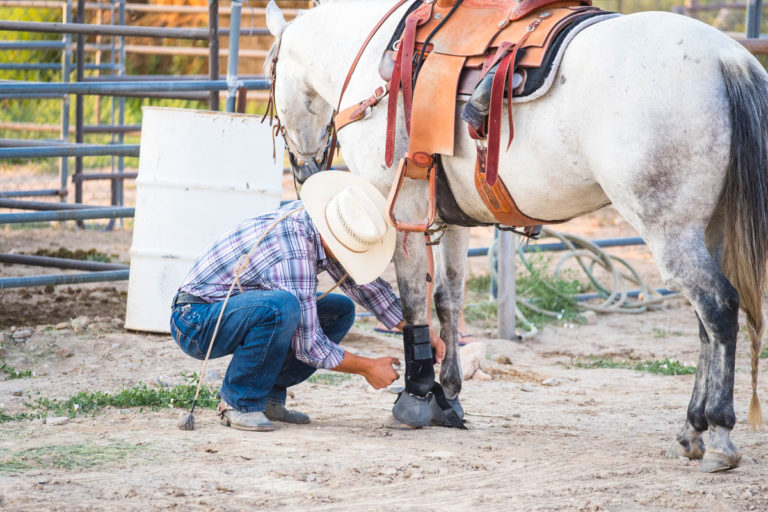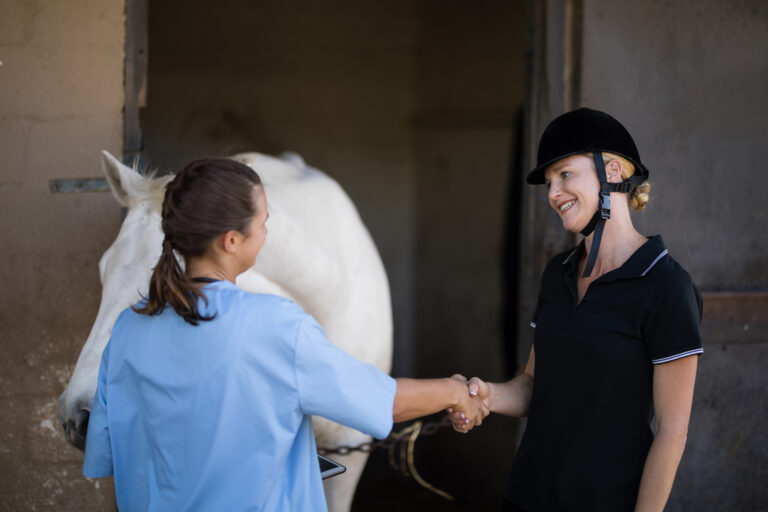
Intestinal microbiota of the equine hindgut are important for general health. e presence of healthy intestinal microbes influences immune function and protects against pathogens. In a recent study, fecal analysis was performed on 17 horses presented for colic and 30 horses presented for an elective surgical procedure [Stewart, H.L.; Southwood, L.; Indugu, N.; Vecchiarelli, B; Engiles, J.B.; and Pitta, D. Differences in the equine faecal microbiota between horses presenting to a tertiary referral hospital for colic compared to an elective surgical procedure. Equine Veterinary Journal, Aug 28, 2018].
Those horses admitted to the facility for colic had fewer intestinal microbial species that were also less diverse. The authors point out that “the bacterial community composition in horses presenting for colic was substantially different to that of horses presenting for an elective surgical procedure.” The predominant commensal gut bacteria numbers were decreased in colic horses while the opportunistic species were increased. The study findings concluded: “Colic in horses is accompanied by significant alterations in gut microbiota with a significant decrease in bacterial richness and diversity.”
It has been suggested that disruption of complex interactions between the host and commensal gut bacteria can lead to gastrointestinal disease. There is some thought that alterations in intestinal microbiota are associated with intestinal inflammation. This information might be incorporated into feeding management recommendations for horse owners to maximize equine digestive health.








